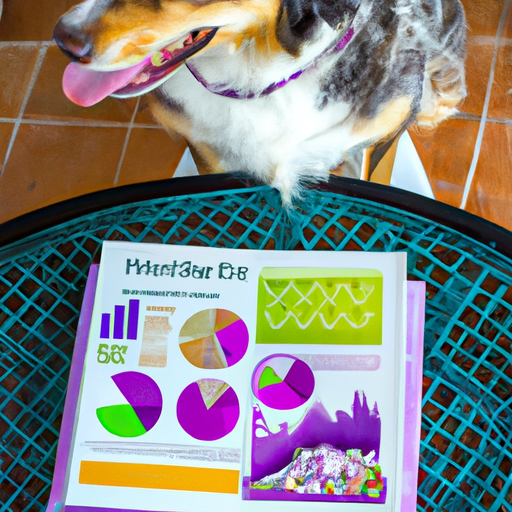As a caregiver, it’s distressing to see your furry friend refusing to eat. A reduced appetite in dogs can be a sign of several potential issues, from stress and anxiety to serious health conditions. However, there are many strategies you can use to encourage your dog to eat more. This comprehensive guide will walk you through how to increase a dog’s appetite and ensure they’re getting the nutrition they need.
Table of Contents
1. Understanding Your Dog’s Eating Behavior
2. Identifying Potential Health Issues
3. Improving Your Dog’s Diet
4. The Importance of Exercise
5. The Role of Medication
6. Frequently Asked Questions
Key Takeaways
– Understand your dog’s eating behavior
– Identify potential health issues causing loss of appetite
– Improve your dog’s diet with appetizing and nutritious foods
– Implement a regular exercise regimen
– Consider medication if advised by your vet
Understanding Your Dog’s Eating Behavior
Dogs, just like humans, have their own unique eating habits. Some dogs may be picky eaters, while others may have voracious appetites. It’s important to understand your dog’s normal eating behavior to identify any changes that may indicate a problem.
Changes in a dog’s appetite can be a sign of many different issues, from stress to serious health problems. If your dog is refusing to eat, it’s crucial to consult with a vet to rule out any underlying health conditions. You can find a good vet near you using the American Veterinary Medical Association’s search tool.
Identifying Potential Health Issues
A prolonged loss of appetite in dogs can sometimes indicate a serious health condition. These could include dental problems, gastrointestinal issues, or more serious conditions like cancer. If you notice a continued lack of appetite in your dog, you should contact your vet immediately.
The vet may conduct a variety of tests to identify the cause of your dog’s loss of appetite. In a post on OneTopDog, several potential health issues that could affect your dog’s appetite are discussed in detail.
Improving Your Dog’s Diet
One of the most effective ways to increase your dog’s appetite is by improving their diet. This could mean providing a variety of foods, introducing new flavors and textures, and ensuring the food is served at an appealing temperature.
Here are some tips to make your dog’s meals more appealing:
1. Warm the food: Slightly warming your dog’s food can help release its aroma, making it more enticing.
2. Add tasty toppers: Add some dog-safe human food like chicken or fish to your dog’s meal. OneTopDog offers a comprehensive list of dog-safe human foods.
3. Rotate foods: Just like humans, dogs can get bored with the same food every day. Try rotating different types of dog food to keep your pet interested.
The Importance of Exercise
Regular exercise plays a key role in maintaining a healthy appetite in dogs. Physical activity can stimulate your dog’s appetite by burning calories and reducing stress and anxiety. Find more about the benefits of regular exercise for your dog in this OneTopDog article.
The Role of Medication
In some cases, your vet may recommend medication to stimulate your dog’s appetite. These are typically used as a last resort, when all other methods have failed. Always consult with your vet before giving any medication to your dog.
Frequently Asked Questions
Q: Should I force my dog to eat?
A: No, forcing your dog to eat can lead to stress and anxiety. It’s better to encourage eating through positive reinforcement.
Q: How long can a dog go without eating?
A: Dogs can go without food for about three to five days, but this can vary depending on the dog’s health, age, and size. If your dog hasn’t eaten for more than two days, you should consult a vet.
Q: Can I give my dog human food to increase their appetite?
A: Yes, but it’s important to only give your dog safe human foods. Always consult your vet or a reliable source like OneTopDog to ensure the food is safe.
Understanding and addressing the causes of a dog’s loss of appetite can be a complex process, but it’s crucial for your pet’s health and well-being. By taking a thoughtful and systematic approach, you can help your dog maintain a healthy and satisfying diet.



